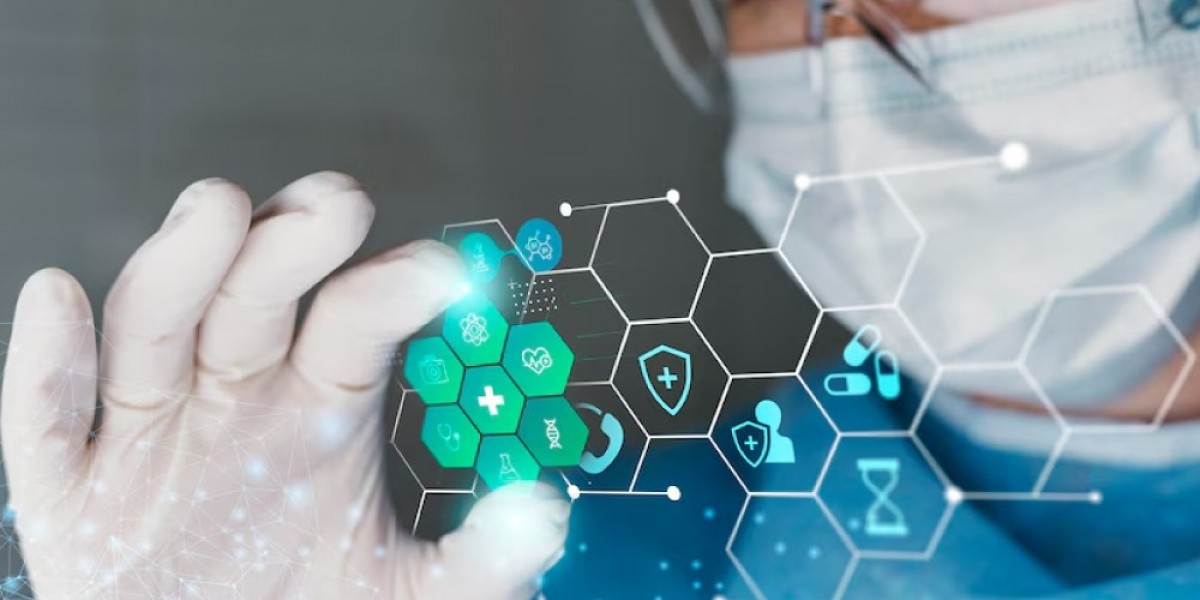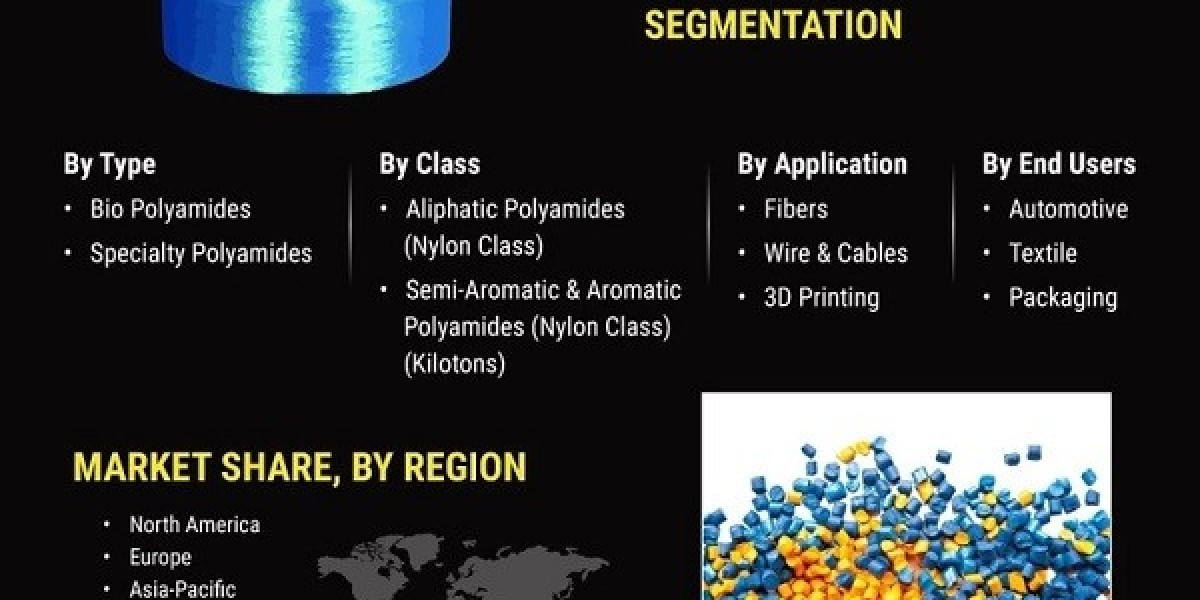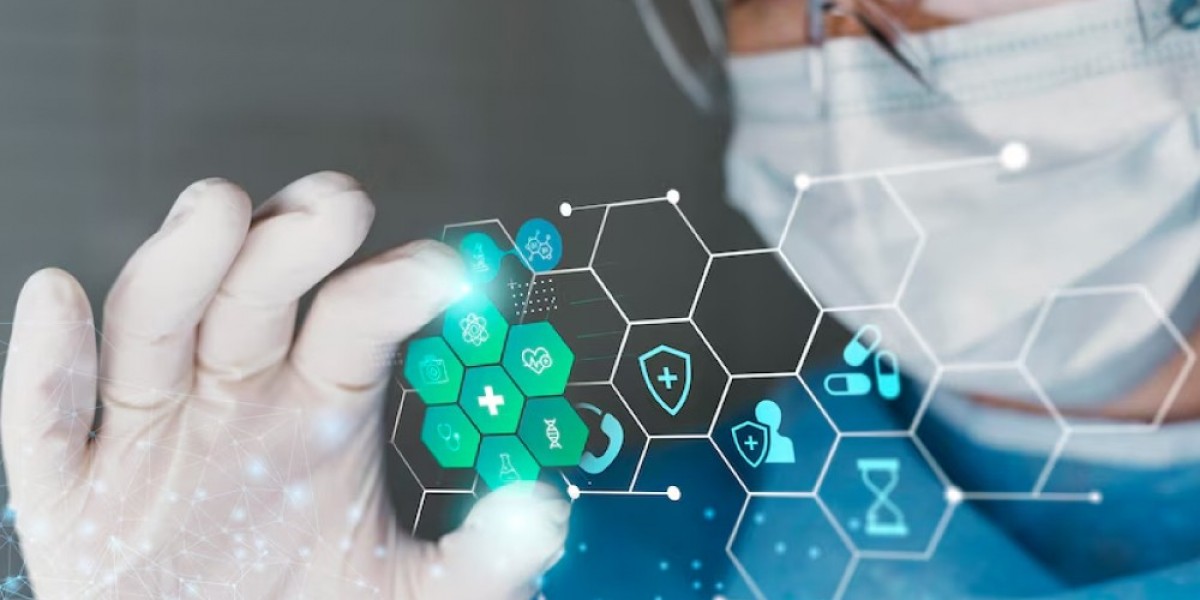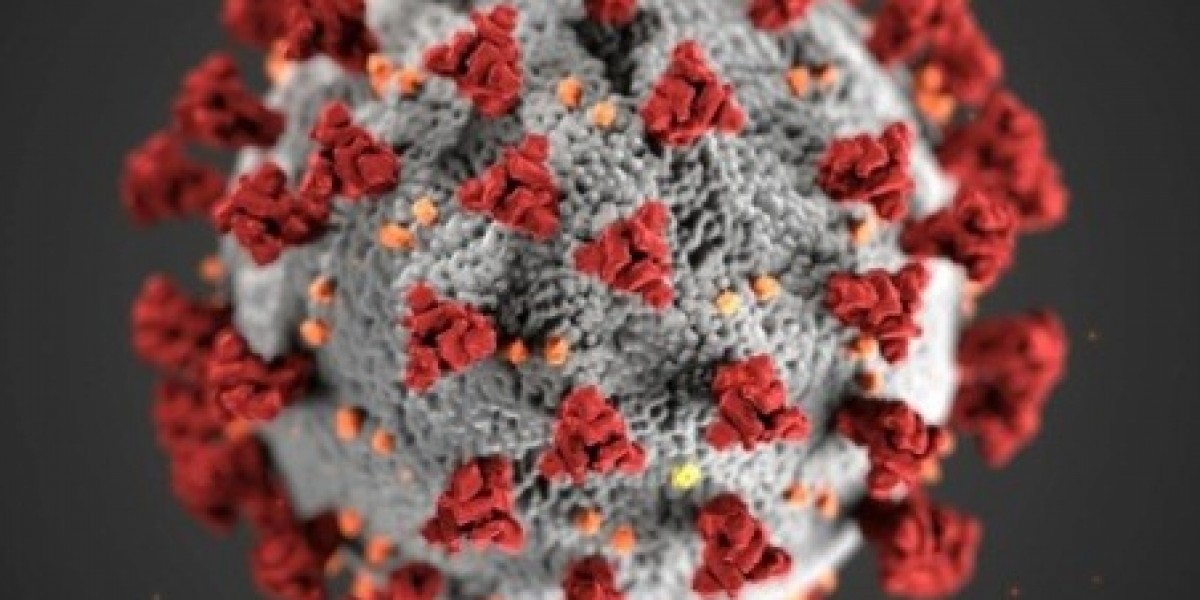Unlocking the Power of Precision: The Human Side of Clinical Data Management Systems
In the ever-evolving landscape of healthcare and clinical research, data is more than just numbers—it's a story of hope, healing, and humanity. Behind every data point is a patient, a life waiting to be transformed. That’s where Clinical Data Management Systems (CDMS) come into play—quietly but powerfully revolutionizing the way clinical trials are conducted, results are interpreted, and treatments are brought to life.
What Is a Clinical Data Management System?
At its core, a Clinical Data Management System is a software solution used to collect, clean, manage, and store data generated during clinical trials. This system ensures that the data gathered from participants is accurate, consistent, and regulatory compliant, ultimately supporting the development of new drugs, devices, and therapies.
But while it might sound technical, a CDMS serves a very human purpose: accelerating the journey from medical innovation to patient care.
A Human-Centric Problem, a Technological Solution
Imagine a cancer patient waiting for a new treatment to be approved. Or a rare disease patient participating in a global clinical trial, hopeful that the next breakthrough will finally address their condition. The data from these trials is vital, and the speed and precision with which it is managed can influence timelines for approval and access.
In traditional paper-based or poorly managed data systems, errors and delays were common. But with CDMS platforms, data integrity is no longer a hurdle—it's a cornerstone. These platforms are designed with compliance, patient privacy, and efficiency at their heart, ensuring every piece of data serves its purpose effectively.
Key Features That Matter
1. Real-Time Data Access:
Researchers and clinicians can access up-to-the-minute data insights, allowing for early identification of risks, quicker decisions, and, ultimately, more agile trials.
2. Validation Checks and Data Cleaning:
Automatic validation processes help catch inconsistencies or errors in data entry, reducing human error and improving the overall reliability of trial results.
3. Audit Trails and Compliance:
Every action taken in a CDMS is traceable, which ensures regulatory compliance with standards like FDA’s 21 CFR Part 11, GDPR, and GCP (Good Clinical Practice).
4. Integration Capabilities:
Modern CDMS platforms integrate with Electronic Data Capture (EDC) systems, electronic health records (EHR), lab management tools, and more—creating a comprehensive ecosystem of clinical research.
The Emotional Weight of Accuracy
Consider the parents of a child with a genetic disorder, holding onto the hope that a new drug in clinical trials will change their lives. Now imagine a data error delaying the trial's outcome or affecting regulatory approval. The consequences are not just logistical—they’re emotional and deeply personal.
This is why CDMS platforms are not just digital tools; they are silent heroes. Their ability to prevent errors, track data efficiently, and speed up research timelines can make a real difference in the lives of millions.
The Rise of AI and Automation in CDMS
With the emergence of artificial intelligence and machine learning, Clinical Data Management Systems are becoming even more intelligent. Predictive analytics can now identify trends in data, flag anomalies before they escalate, and assist researchers in making data-driven decisions faster than ever.
Moreover, automation reduces repetitive manual tasks, allowing clinical data managers to focus on more strategic and analytical work. In many ways, it allows the human brain to collaborate with the power of machines, combining empathy and efficiency.
Empowering the People Behind the Process
Behind every CDMS are dedicated data managers, clinical researchers, IT experts, and healthcare professionals. These are the unsung heroes who spend countless hours ensuring that trial data is not only correct but also ethically handled. They understand that this isn’t just about software—it’s about patients, families, and the future of medicine.
User-friendly interfaces, customizable dashboards, and role-based access have also empowered stakeholders from all backgrounds to engage with the system more intuitively. Whether it's a site coordinator at a rural trial location or a biostatistician in a high-tech lab, CDMS platforms bring people together, bridging gaps in geography, knowledge, and time zones.
Looking Ahead: CDMS in a Decentralized Trial World
As decentralized and hybrid clinical trials become more mainstream, CDMS platforms are evolving to support remote data capture, wearable integrations, and real-time patient monitoring. In a world where patients can participate in trials from their homes, the role of a reliable, secure, and flexible data management system is more critical than ever.
These systems not only help expand access to trials but also bring diverse, real-world data into research—data that truly represents the spectrum of human experience and health.
Browse More Reports:
Unlocking the Power of Precision: The Human Side of Clinical Data Management Systems
In the ever-evolving landscape of healthcare and clinical research, data is more than just numbers—it's a story of hope, healing, and humanity. Behind every data point is a patient, a life waiting to be transformed. That’s where Clinical Data Management Systems (CDMS) come into play—quietly but powerfully revolutionizing the way clinical trials are conducted, results are interpreted, and treatments are brought to life.
What Is a Clinical Data Management System?
At its core, a Clinical Data Management System is a software solution used to collect, clean, manage, and store data generated during clinical trials. This system ensures that the data gathered from participants is accurate, consistent, and regulatory compliant, ultimately supporting the development of new drugs, devices, and therapies.
But while it might sound technical, a CDMS serves a very human purpose: accelerating the journey from medical innovation to patient care.
A Human-Centric Problem, a Technological Solution
Imagine a cancer patient waiting for a new treatment to be approved. Or a rare disease patient participating in a global clinical trial, hopeful that the next breakthrough will finally address their condition. The data from these trials is vital, and the speed and precision with which it is managed can influence timelines for approval and access.
In traditional paper-based or poorly managed data systems, errors and delays were common. But with CDMS platforms, data integrity is no longer a hurdle—it's a cornerstone. These platforms are designed with compliance, patient privacy, and efficiency at their heart, ensuring every piece of data serves its purpose effectively.
Key Features That Matter
1. Real-Time Data Access:
Researchers and clinicians can access up-to-the-minute data insights, allowing for early identification of risks, quicker decisions, and, ultimately, more agile trials.
2. Validation Checks and Data Cleaning:
Automatic validation processes help catch inconsistencies or errors in data entry, reducing human error and improving the overall reliability of trial results.
3. Audit Trails and Compliance:
Every action taken in a CDMS is traceable, which ensures regulatory compliance with standards like FDA’s 21 CFR Part 11, GDPR, and GCP (Good Clinical Practice).
4. Integration Capabilities:
Modern CDMS platforms integrate with Electronic Data Capture (EDC) systems, electronic health records (EHR), lab management tools, and more—creating a comprehensive ecosystem of clinical research.
The Emotional Weight of Accuracy
Consider the parents of a child with a genetic disorder, holding onto the hope that a new drug in clinical trials will change their lives. Now imagine a data error delaying the trial's outcome or affecting regulatory approval. The consequences are not just logistical—they’re emotional and deeply personal.
This is why CDMS platforms are not just digital tools; they are silent heroes. Their ability to prevent errors, track data efficiently, and speed up research timelines can make a real difference in the lives of millions.
The Rise of AI and Automation in CDMS
With the emergence of artificial intelligence and machine learning, Clinical Data Management Systems are becoming even more intelligent. Predictive analytics can now identify trends in data, flag anomalies before they escalate, and assist researchers in making data-driven decisions faster than ever.
Moreover, automation reduces repetitive manual tasks, allowing clinical data managers to focus on more strategic and analytical work. In many ways, it allows the human brain to collaborate with the power of machines, combining empathy and efficiency.
Empowering the People Behind the Process
Behind every CDMS are dedicated data managers, clinical researchers, IT experts, and healthcare professionals. These are the unsung heroes who spend countless hours ensuring that trial data is not only correct but also ethically handled. They understand that this isn’t just about software—it’s about patients, families, and the future of medicine.
User-friendly interfaces, customizable dashboards, and role-based access have also empowered stakeholders from all backgrounds to engage with the system more intuitively. Whether it's a site coordinator at a rural trial location or a biostatistician in a high-tech lab, CDMS platforms bring people together, bridging gaps in geography, knowledge, and time zones.
Looking Ahead: CDMS in a Decentralized Trial World
As decentralized and hybrid clinical trials become more mainstream, CDMS platforms are evolving to support remote data capture, wearable integrations, and real-time patient monitoring. In a world where patients can participate in trials from their homes, the role of a reliable, secure, and flexible data management system is more critical than ever.
These systems not only help expand access to trials but also bring diverse, real-world data into research—data that truly represents the spectrum of human experience and health.
Browse More Reports:









